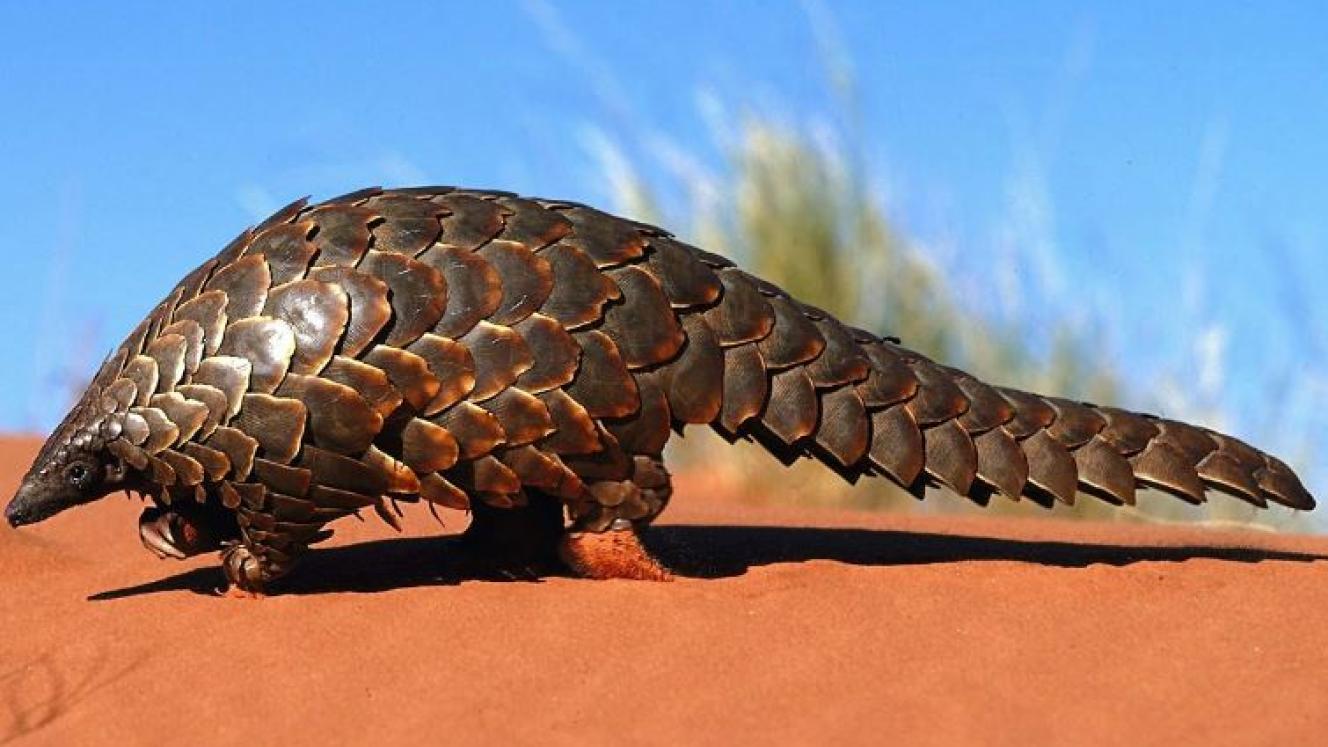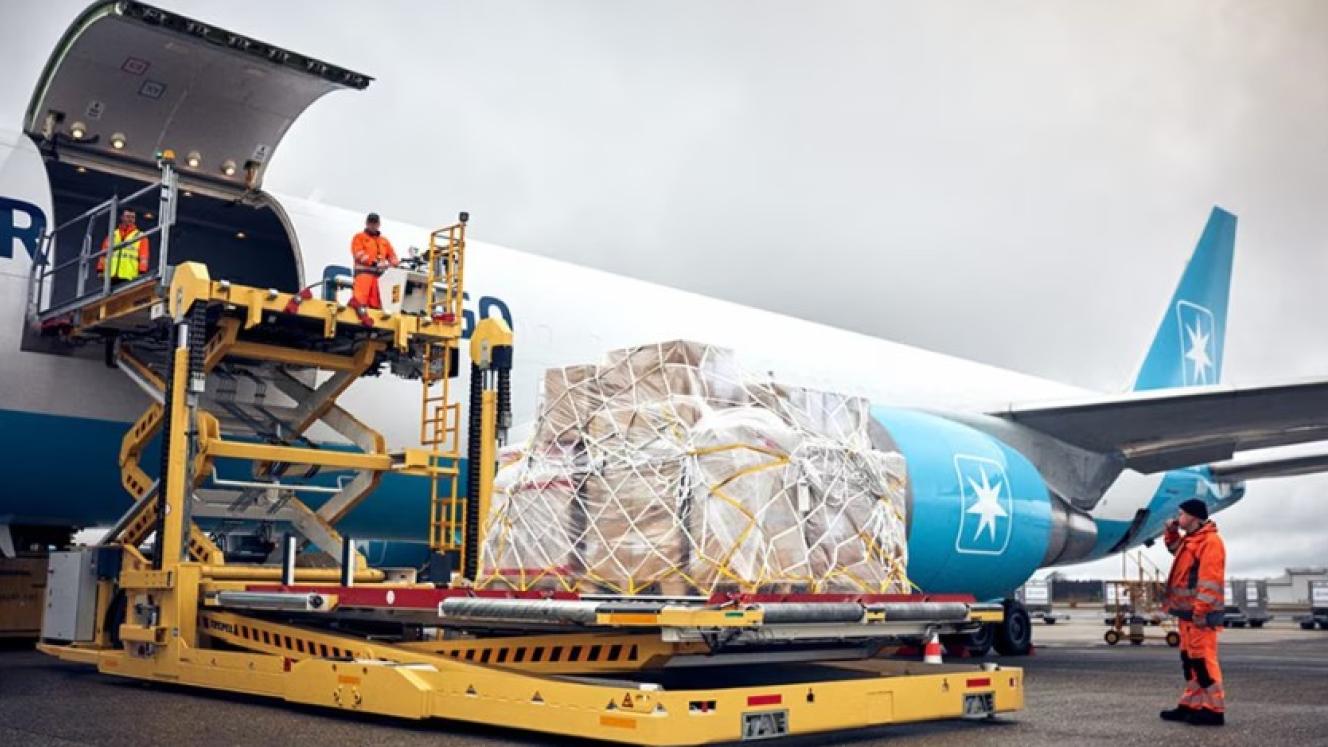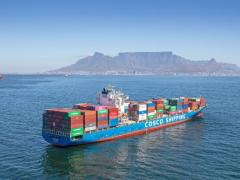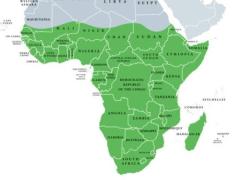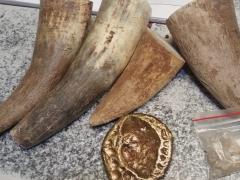South Africa has been named among the top 10 countries for wildlife trafficking by air in a new report produced by the Center For Advanced Defense (C4ADS) as part of USAID’s Reducing Opportunities for Unlawful Transport of Endangered Species (ROUTES) initiative.
The report - Runway to Extinction: Wildlife Trafficking in the Air Transport Sector – reveals that African countries are primarily origin points, with South Africa featuring prominently as a transit point due to its large international airports and varied flight routes. The country also has a significant remaining elephant and rhino population making it a target for wildlife traffickers.
“Both Kenya and South Africa appear as two of the most prominent wildlife trafficking countries in Africa by seizure count, at least in part due to their role as countries with common transit airports. But customs and enforcement in most airports find it difficult – if not impossible - to identify trafficked goods in transit given the short duration of most layovers,” said the report’s author, Mary Utermohlen, programme director at C4ADS.
The report lauds both South Africa and Kenya for their efforts to stop wildlife trafficking through airports despite the challenges faced by authorities – which include dedicated resources to screen cargo on departure and in transit.
It found that last year more than one million illegal wildlife products and live animals were seized at airports around the world, with approximately one seizure recorded every day.
“Our analysis shows that traffickers of all types exploit the same vulnerabilities within airports, often using the same trafficking methods to circumvent law enforcement and airport authorities. Furthermore, seizure data shows that many wildlife trafficking networks rely on the same smuggling methods over time, suggesting that a thorough understanding of airport-specific or country-specific trafficking patterns could be instrumental in reducing the air transport system's vulnerability to trafficking."
In addition to contributing to the extinction of endangered species, threatening local livelihoods and undermining regional and global security, illegal wildlife trade is a risk factor for the spread of zoonotic diseases. According to the Center for Disease Control, three out of every four new or emerging infectious diseases originate in animals. Many of the species seized in air transport -including live birds, live reptiles and mammals - are high-risk carriers of zoonotic diseases and may end up in illegal or unregulated markets around the world.
Faced with the current health crisis caused by Covid-19, the world was grappling with the very real danger and economic turmoil zoonotic diseases posed, said Michelle Owen, ROUTES lead.
